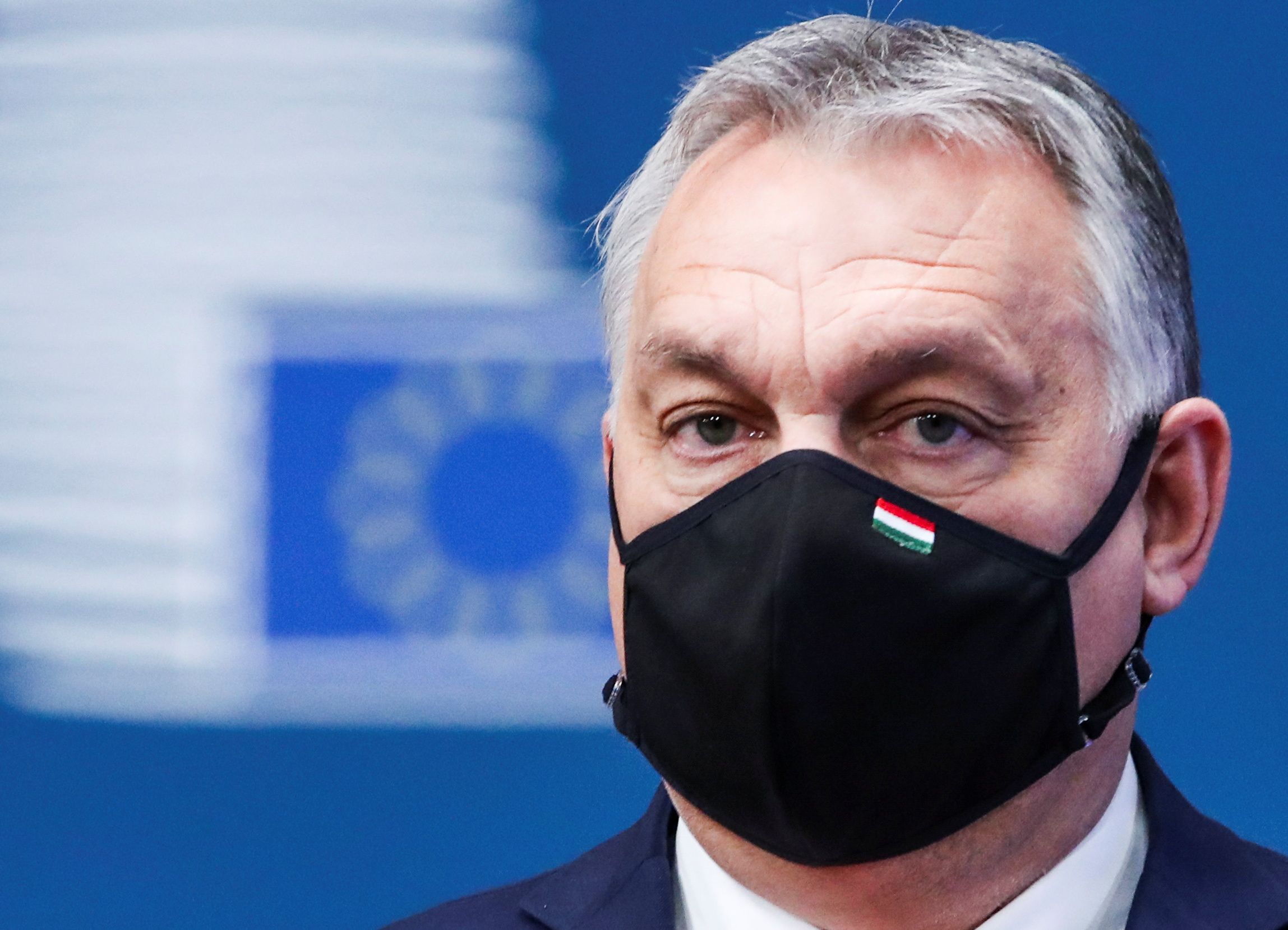Fidesz Breaks Up with the European People’s Party

Why did Fidesz leave the EPP group?
Chairman Viktor Orbán’s decision to have Fidesz leave the EPP group preceded the party’s likely exclusion after the group’s internal rules were changed on 3 March. The new rules allow suspending membership rights or dismissing an entire group of MEPs from the EPP group. This change was aimed at Fidesz. Evidence of that is the declaration of Othmar Karas, a member of the EPP group from the Austrian People’s Party, who said he would initiate the suspension of Fidesz deputies after the new rules were adopted. Orbán’s decision prevented the suspension procedure, but in fact Fidesz was forced to leave. For several years, tensions between Fidesz and the EPP group have been growing because of Hungarian government’s policy decisions that have raised doubts as to their compliance with the rule of law or were directly violating EU law.
What does it mean for the EPP and the balance of power in the EP?
The EPP remains the largest political group, although it has lost 12 out of its 187 members. Fidesz’s departure could encourage a few more MEPs to defect: two Romanians representing the Hungarian minority and two Slovenians. However, it will not provoke a scission in the group. Quite the opposite, it will ease tensions between party delegations critical of the Hungarians (mainly from Northern Europe) and proponents of a more lenient approach. The EPP stands to improve its public image as it excludes a party accused of breaking the rule of law by a majority of MEPs, including within its own political family. The Christian Democrats are likely to pressure their main partners, Social Democrats, and centrists, to be more resolute in disciplining parties within their ranks that face similar charges.
What will Fidesz do in the EP?
Fidesz MEPs announced they would become non-attached, which suggests that they do not want to definitely cut ties to the EPP yet. However, in the longer term, the lack of affiliation will diminish their influence. After the first half of the parliamentary term (i.e., in January 2022) the political groups will negotiate a new distribution of key posts and it is probable that by then Fidesz will want to join a faction or mend relations with the EPP—a less likely outcome given the long-standing divergences. A more ideologically proximate partner could be the European Conservatives and Reformists where MEPs of the Polish ruling parties are the largest delegation. Another scenario is that Orbán could attempt to orchestrate a merger between the conservatives and the nationalistic Identity and Democracy Group with the aim to create the second-largest faction in the chamber. However, programmatic differences constitute a serious obstacle to such an undertaking.
Can we expect changes in Hungary’s European policy?
Quitting the EPP group is a political failure for Orbán, who several times expressed his attachment to it and his will to remain in its ranks. The Hungarian authorities will lose the political protection guaranteed by this affiliation. This creates an environment in which Member States may be more inclined to take decisions unfavourable to Hungary, for example in relation to the rule-of-law conditionality mechanism adopted along with the new EU budget. At the same time, Hungary, unimpeded by Fidesz’s membership in the EPP group, gains the opportunity to pursue European policy that goes even more against the mainstream. This may be reflected in a shift towards radical Euroscepticism, blocking community decisions, and greater involvement in relations with China and Russia.
Will this affect Hungary’s domestic policy?
The determinants of Hungarian domestic policy will not change with Fidesz leaving the EPP group. However, this may radicalise the tone of the campaign ahead of the Hungarian parliamentary elections in spring 2022. Fidesz may point—even more than before—to “liberal” political forces, including the EPP, as enemies in a rhetorical fight against “Brussels”. This may reinforce the anti-EU tone of the political competition. Already now, the EPP’s decision to amend its internal regulations and the pressure on Fidesz is presented by members of the Hungarian government as a sign of ignorance on the part of European political “elites” amidst the difficult situation related to the pandemic. Poor management of the health crisis and pointing to the ineffectiveness of EU institutions may be the main topics of the ruling party’s campaign.



